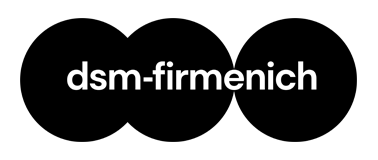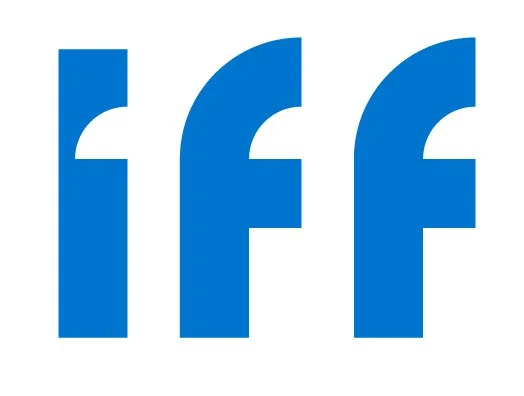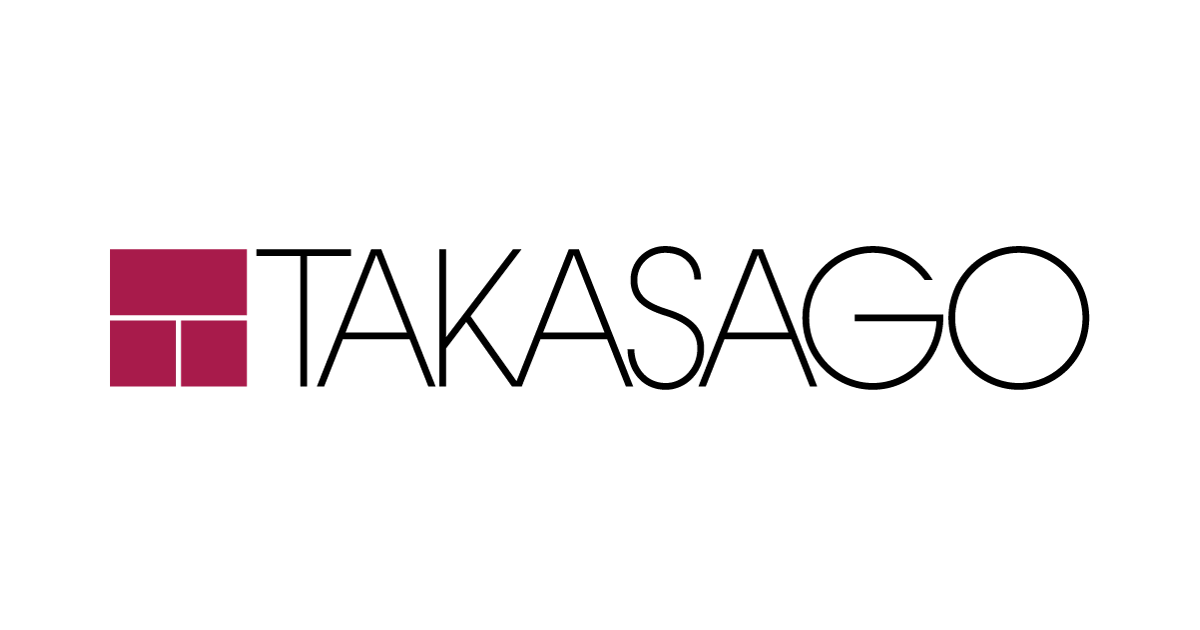Invisible architects
How the world’s Fragrance and Flavour giants shape what we smell
Fragrance may be an art form but behind some of the artistry lies an industrial engine. For many of the bottles of perfume on our shelves, there’s an entire world of chemistry, craftsmanship, and supply chains working behind the scenes.
At the heart of it all sit a handful of companies: Givaudan, DSM-Firmenich, Symrise, IFF, MANE, and Takasago. These giants don't just influence the scent of fine fragrances, they help to define the olfactory language of our everyday lives.
From the perfume you spray on your wrists to the shampoo in your shower, the scent of laundry detergent, a piece of chewing gum, or a luxury candle, odds are high that the ingredients came from one of these six firms. They are the quiet powerhouses behind the fragrance and flavour economy, and they shape how the world smells and tastes.
Givaudan: the global leader
Founded in 1895 in Lyon and relocated to Geneva in 1898, Givaudan is the largest fragrance and flavour company in the world. With more than 25% market share, it operates in over 100 countries and employs thousands, from perfumers to botanists to AI developers.
Givaudan’s story is one of expansion. The acquisition of Quest International in 2007 gave it a dominant position in fine fragrance. More recently, it has invested heavily in natural ingredient firms and green chemistry startups. It’s also known for pioneering aroma-capture technologies like ScentTrek, which records the scent profile of rare plants without harming them.
But Givaudan’s influence goes beyond ingredients. It helps shape fragrance trends, partnering with luxury brands and niche houses alike to create iconic scents. If you've worn classics from Dior, Calvin Klein, or niche hits like Le Labo’s Santal 33, you’ve worn Givaudan’s work.
dsm-firmenich: a mega-merger
In 2023, the fragrance industry witnessed one of its most significant shake-ups: the merger of Dutch science and nutrition giant DSM with Swiss fragrance house Firmenich. The newly formed dsm-firmenich became an innovation behemoth overnight, combining biotechnology, nutrition science, and olfactory design under one roof.
Firmenich’s legacy stretches back to 1895. Known for its research pedigree (its chemist Lavoslav Ružička won the Nobel Prize in Chemistry in 1939), it has created some of the most celebrated molecules in fragrance history. The company was behind hits like CK One, Mugler’s Angel, and niche marvels from Memo Paris and Maison Francis Kurkdjian.
Today, dsm-firmenich stands out not just for scale, but for its biotech-forward strategy. It is leading the charge in lab-grown ingredients like biosynthetic musk and sustainable sandalwood that could redefine how fragrance is made in the decades ahead.
Symrise: the sustainability specialist
Formed in 2003 from the merger of German firms Haarmann & Reimer (who first synthesised vanillin in 1874) and Dragoco, Symrise has grown into the third-largest player globally. Based in Holzminden, Germany, the company is especially proud of its commitment to sustainability and natural ingredient development.
Symrise is a key supplier to both mainstream brands and indie perfumers, particularly those looking to emphasise environmental responsibility. It also provides scents for consumer goods, from toothpaste to dog food, making it one of the most diversified businesses in the space.
With R&D centres around the world and close partnerships with smallholder farms, Symrise takes a holistic view of sourcing and innovation, one that reflects rising consumer interest in traceable, ethical products.
IFF: the US titan
International Flavors & Fragrances (IFF) is the oldest company on this list by heritage, with roots going back to 1889. It formally became IFF in 1958 and has expanded aggressively ever since, notably acquiring Frutarom in 2018 and merging with DuPont’s Nutrition & Biosciences division in 2021.
Today, IFF is a global juggernaut, supplying everything from bespoke perfumes to probiotic formulations. While its fragrance footprint may be less visible in luxury perfumery than Givaudan or Firmenich, it is a critical player in the mass market and functional scenting, think air care, detergents, personal hygiene.
What distinguishes IFF is its broad scientific base and large footprint across wellness categories. It operates at the intersection of scent, flavour, nutrition, and functional innovation, making it one of the most diversified players in the space.
MANE: a family-owned innovator
Founded in 1871 and still family-run, MANE is based in Bar-sur-Loup in the South of France. Unlike the giants above, MANE has maintained a boutique feel despite being a global operation with a presence in 39 countries.
Its reputation in the fragrance world is built on creativity, craftsmanship, and innovation particularly in niche and high-end markets. It supplies ingredients and compositions to many small fragrance houses and is known for its deep respect for natural materials and traditional extraction methods.
Though smaller in revenue (around €1.7 billion), MANE punches above its weight creatively. It is often the partner of choice for indie brands looking to maintain a distinctive olfactory signature.
Takasago: a Japanese powerhouse
Japan’s Takasago was founded in 1920 and became the first Japanese flavour and fragrance company to expand globally. It is especially strong in the Asia-Pacific region, though it has branches in New York, Paris, Shanghai, and beyond.
Takasago’s influence is most prominent in functional fragrances and aroma molecules, and it has a deep bench of R&D expertise. While it may not be as present in high-profile fine fragrances in Europe and North America, it is a formidable player in personal care, household products, and Asian luxury scents.
Why these companies matter
Though often invisible to consumers, these six companies are the invisible architects of scent and taste. They are responsible for the bulk of the fragrances we encounter daily, whether luxury perfumes, budget body sprays, or the smell of your favourite candle or cleaning spray.
They also wield significant influence over what ingredients get used (or banned), how sustainability standards are set, and how innovation from AI to synthetic biology shapes the future of fragrance.
They train the perfumers. They fund the labs. They source the patchouli. And while niche fragrance houses and indie brands may define the current cultural mood, it’s these firms that often help make their visions real.
As the fragrance industry evolves with pressures from climate change, regulation, and biotech disruption, these giants remain at the centre. Not just producing scents, but shaping the future of how we smell the world.





